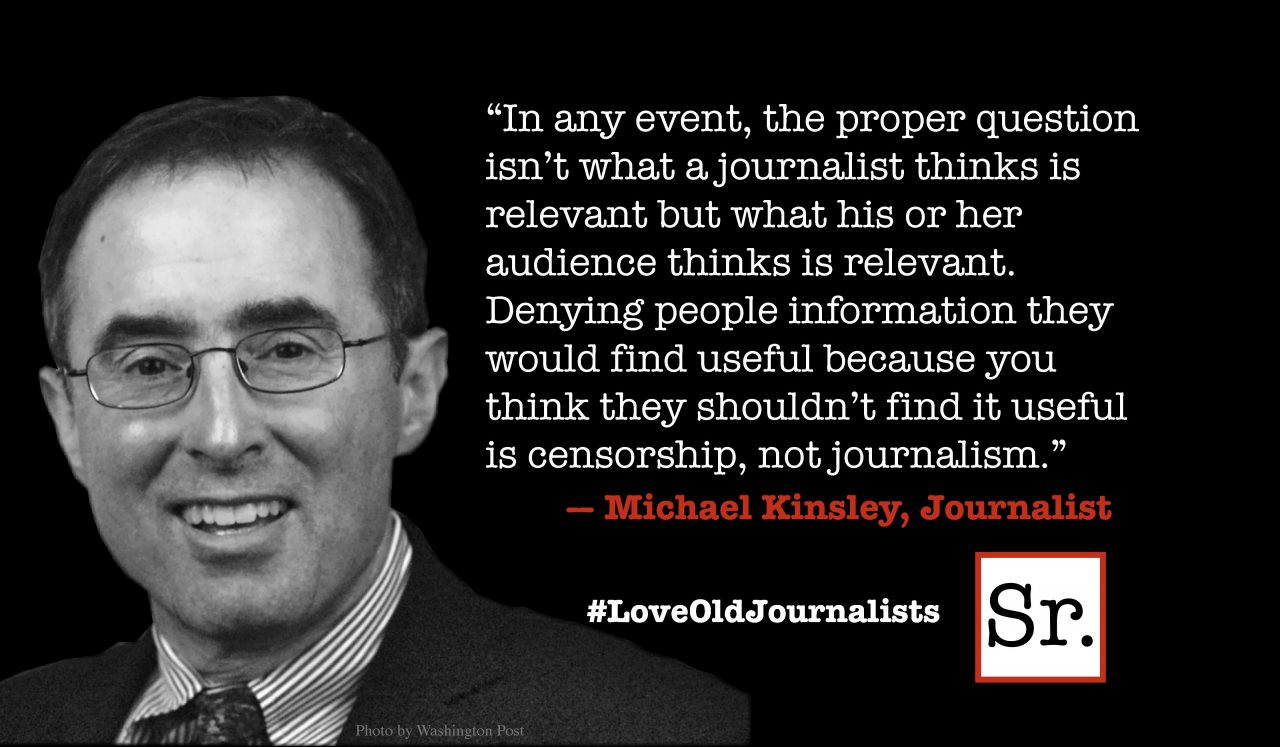The heated and frequently tawdry rhetoric of the 2012 presidential campaign offers equal opportunity to average Americans to believe in the reality of the American dream that elevated so many to the middle class, or to conclude that for too many, the dream is increasingly beyond reach. The future was not supposed to look like this.
There is also equal opportunity to be buoyed by the rhetoric of the President’s third State of the Union address or dismayed by the Republican response. Do the two parties occupy different universes?
Once again, our desire in this electoral period is for an aspirational figure to share with us a vision bold enough to inspire us to believe the American dream is still alive. Owning a home, educating your children, and putting a little away for retirement just should not represent the impossible.
The obstacles to rebuild our decimated middle class are formidable but there is still the hope, even now, that the middle-class dream is achievable. The President in his State of the Union address last Tuesday did a better job of capturing our attention even though his viewing television audience of 37.8 million was the least watched of the three he had delivered since 2010.
We believe again, albeit cautiously, that President Obama is willing to forge ahead through executive action if the Congress will not act. He gave life to the dream by promising to strengthen the economy through incentives to create more manufacturing jobs, ease the financial burden for college students, and investigate the mortgage and securitization fraud that collapsed the economy in 2008 and the economic future for millions of Americans. Although many people wonder why it took him three years to set up these investigations. Many of us felt President Obama was finally connected to the reality of the wilderness we wander daily. His Republican challengers can only promise a continuation of their famed, but unworkable, trickle-down policies of the past.
Newt Gingrich still claims that “supply-side” economic theories have “worked” when, in fact, they were a catastrophic failure. David Stockman, Reagan’s first budget director, wrote in a New York Times op-ed piece, “Four Deformations of the Apocalypse”, how his “GOP destroyed the US economy.” He discussed how “supply-side” economics created massive federal deficits, devastated the middle class, and offered incentives to “offshore” millions of good American jobs.
What we have to guard against in 2012 and during the life of the next administration is the expectation that the level of upward mobility the American economy offered past generations will replicate itself both qualitatively and quantitatively for the future. The American economy has undergone fundamental change and with that change, the fortunes of the 99 percent have also changed. It is no longer realistic that if you work hard and play by the rules, you can advance up the ladder of economic, social and financial mobility. You will get stuck somewhere.
Conservative Republican presidential hopeful Rick Santorum says, “Movement up into the middle income is actually greater in Europe than it is in America.” Today’s ceiling for success for many in the middle class was the floor, the launch pad in other times for other aspirants to middle-class status. For example, we may see an uptick in the number of manufacturing jobs created in the U.S. but salaries and benefits will be very limited. We will continue to struggle with low wage growth in this country. A slower rate of advancement up a lengthier ladder of success only guarantees that the widening income gap between the 1 percent and the rest of us will become permanent. This will only fuel more resentment, perhaps a revitalized, broader and more coordinated Occupy movement in 2013 and beyond.
It just may be that the semantic differential between all the candidates and the rest of us when discussing solutions to the ills of our society contributes to false hope regarding what we can expect from leadership by either party. For example, polls reflect the principal concerns of most Americans today are “a lack of fairness” and “income inequality.” Sensitive to this criticism, Republicans say the real issue is class envy, not a lack of mobility. What this means, however, is that our political leaders are not in agreement on the ways in which to create a viable middle class.
If leaders of industry and government cannot agree on this, our economy will have lost its most powerful engine for growth: the American consumer.
Republicans and the 1 percent want to maintain as a cornerstone of American economic policy “supply-side” policies with continued reliance on low taxes on the rich, lax regulation of business, and free trade. This worked exceptionally well for them since the Reagan era but infinitely less so for the rest of society. Moreover, the two Republican frontrunners for their party’s nomination have promised to continue economic and fiscal policies that would maintain the gap between themselves and their party, and the rest of society.
This probable outcome only will come as a surprise to those who buy into the false arguments of “supply-side” economic policies. Many working class Americans in regions experiencing the highest rates of joblessness eagerly applaud this nonsense even though the facts argue to the contrary.
The larger reality for the rest of us is, the 1 percent and their Republican acolytes are organized, well entrenched, extremely well funded, and fearful of change. They are here for the long term. Moreover, they will resist mightily any governmental attempt to use the tax structure to divert dollars from the rich (a millionaire’s tax) into the treasury for investments in infrastructure, education, or anything that may level the playing field for future generations.
We can expect conservatives will advance narratives of hope and optimism but the reality they represent is grounded in the status quo. Unapologetically, they say do not blame capitalism or the system for the inequality that roils American society today. Much more likely a contributor to income inequality is a more regressive tax code and growing capital gains
The Democrats understand the fundamental problem of the times is how to enable people who want to work for a living to do just that. House Minority Leader Nancy Pelosi says, “with regard to the middle class, the issue is not class warfare or envy or about what people earn. It is rather about what people can own.”
The President’s rhetoric notwithstanding, is the Democratic Party committed to bold change? Or, is it more inclined toward incremental steps that ameliorate middle class pain but hold out the promise of something more effective in the future? Unless the Democratic Party is prepared to wage war with the Republicans in the Congress, the resurrection of the middle class is practically impossible.
It may be safe to say that the electorate will bear much of the responsibility for defining the contours of today’s American dream in light of a prime, 21st century political reality: a diminished role for the federal government partnering with the private sector for the betterment of society. Government will play a smaller role circumscribed by conservatives who believe government has no positive role to play in building and nourishing the middle class through strategic investments in our capitalist economy.
Robert Parry, Consortium News, in his article “Selling the ‘Supply-Side’ Myth, says Republicans are pinning their hopes for success this fall on “an ill-informed electorate (especially white men) siding with the 1 percent over their own working and middle-class interests.”
Hope is the bulwark against despair, and that is what the President offers America’s beleaguered middle class. That said, he cannot accomplish “miracles” (which everything seems to be today) without a constructive partnership with the Congress and corporate leadership.
Our future is at stake and we are going to have to get back into the trenches. If the dream of ever owning a home again, educating your children without incurring an insurmountable mountain of debt, or retiring with a little dignity, is to become reality in our lifetimes, we must vote our interests. This time, we have to be smarter than we have been.









